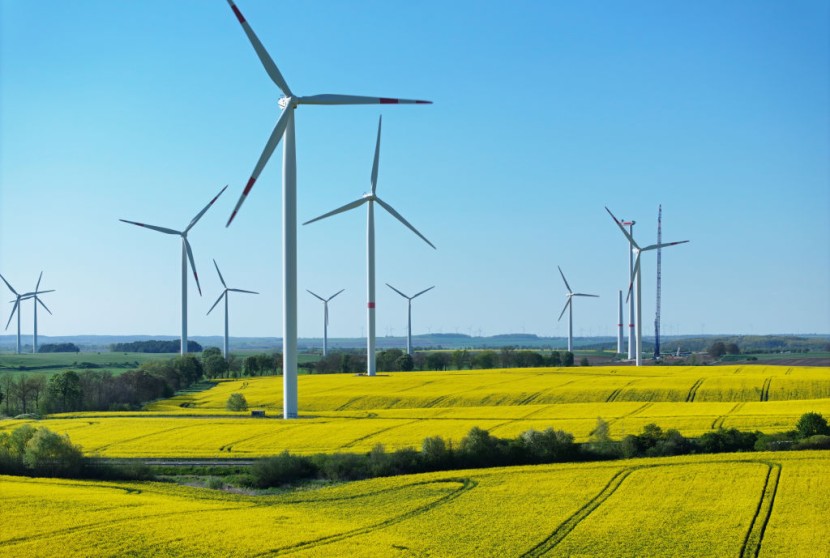The number of criminal cases filed by US wildlife officials against those who have killed or harmed protected bald and golden eagles has significantly decreased in the past few years.
However, permits have been increasingly issued to wind energy companies, allowing them to kill thousands of eagles without legal repercussions.
The Dangers of Wind Turbines

The decrease in the implementation of laws protecting eagles, which began to occur more frequently during the time of former President Trump and has persisted under President Biden, was disclosed by the US Fish and Wildlife Service, as reported by AP News.
There is increasing worry that the rising number of wind turbines being built to meet the rising need for sustainable energy is putting the golden eagle population in danger, especially in areas already decreasing.
Government documents reveal that approximately 6,000 eagles could be killed in the future due to dozens of permits that have been approved or are awaiting approval. Wind farms are the primary source of these permits, and over half of the eagles that would be killed are golden eagles.
Turbines from a wind farm have caused the death of at least six golden eagles that he had previously studied and tagged.
Some companies have taken steps to prevent bird deaths at wind farms by moving or reducing the number of turbines. However, despite the risk to golden eagles, more turbines are being constructed in their habitats, and this could have a catastrophic effect on their population in the long term. There are plans to build many more turbines in the future.
The impact of wind turbines on wildlife, particularly birds, has been a topic of concern for years. While renewable energy sources like wind power are essential to reduce our reliance on fossil fuels and combat climate change, they can also harm the ecosystems we aim to protect.
Birds such as eagles are especially vulnerable due to their large size and tendency to soar at high altitudes where turbine blades rotate. The spinning blades can collide with these birds in mid-air or disrupt their flight patterns leading them toward danger.
Apart from physical collisions, studies have shown that the sound generated by turbines can displace some bird species from their habitats or interfere with mating calls which could result in reduced breeding success rates over time.
As more companies invest in green energy initiatives worldwide and governments push for increased use of renewables, environmental considerations must remain at the forefront when planning new projects.
By working together across industries and engaging local communities who rely on natural resources for livelihoods, we may mitigate potential risks while promoting sustainable development practices that benefit both people and the planet.
What the Biden Administration is Doing?
The Biden administration is facing a difficult situation as it tries to address climate change, with increasing numbers of eagles dying while fewer criminal cases are being pursued. Difficult choices must be made to achieve clean power development, including that wind turbine, which can be as tall as 260 feet (80 meters) and spin at speeds of up to 150 miles per hour (240 kilometers per hour), are causing more birds to die from collisions.
Many companies promise to do conservation work to compensate for the loss of bald eagles. Some permits involve paying a sum of $30,000 for each dead eagle.
However, several permits permit the killing of eagles without any compensation. The Biden administration has proposed a new plan to simplify permits, making them automatic in some instances, allowing wind-energy projects and power line networks to affect eagles and their habitats.
Related Article: GE and Huaneng Sign Wind-Turbine Deal to Help China in Renewable Energy Push
© 2026 HNGN, All rights reserved. Do not reproduce without permission.








